The two resolutions are in two different areas - energy and education - but they have one thing in common: taking the practical interests of the people as the center. This is the concretization of the idea that "people are the root", all development policies must start from the daily life of the people.
We all know that electricity is not only an input for production but also an essential service in every household. Previously, electricity prices had many limitations and shortcomings: applying "one price for the whole country", lacking competition, people did not have the right to choose suppliers. Resolution 70 opened a turning point when it required electricity price management according to market mechanisms, public, transparent, ensuring harmony of interests between the State, businesses and people. More importantly, people have the right to choose an electricity supplier that suits their needs instead of depending on a monopoly supplier. The policy of zoning electricity prices also accurately reflects the costs of each locality, overcoming previous irrationalities. Thus, in the future, each household will have access to electricity at a reasonable price, with better service quality, creating a fair foundation for development.
If electricity is the lifeblood of the economy , textbooks are the intellectual friends of young people. The reality of “one program, many sets of textbooks” applied in recent years has positive aspects but also causes many confusions: each place uses a different set, parents spend money, students have difficulty transferring schools, and quality is inconsistent.
Resolution 71 decided to return to a common set of textbooks but with a new approach: scientific , modern, open so that teachers can flexibly supplement them to suit each locality. The main breakthrough is the goal of free textbooks for all students by 2030.
This policy reduces the financial burden on parents, especially in remote areas; at the same time, it continues to affirm that the Party and State always consider education as the top national policy. A unified set of textbooks also creates a foundation for digital transformation, open education, and technology application - ensuring quality and consistency in teaching and learning.
Both resolutions do not discuss distant matters but directly touch on the daily needs of the people. These are things that seem normal but have strategic significance: improving the quality of life, creating social consensus and arousing trust in the Party's guidelines. With electricity, people will have access to a stable source of energy at transparent prices. With education, students will be able to study with unified textbooks, free of charge.
The two resolutions carry a clear message: all major policies originate from the people's lives, are for the people and serve the people. That is the foundation for the country to develop sustainably, for the people to have more confidence, to accompany the cause of innovation, and to bring the country to prosperous development.
Source: https://www.sggp.org.vn/hai-nghi-quyet-mot-thong-diep-post812345.html




![[Photo] Prime Minister Pham Minh Chinh receives President of Cuba's Latin American News Agency](/_next/image?url=https%3A%2F%2Fvphoto.vietnam.vn%2Fthumb%2F1200x675%2Fvietnam%2Fresource%2FIMAGE%2F2025%2F12%2F01%2F1764569497815_dsc-2890-jpg.webp&w=3840&q=75)







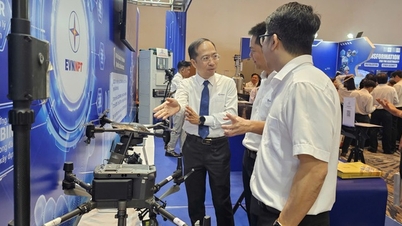

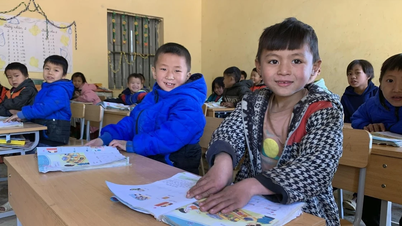
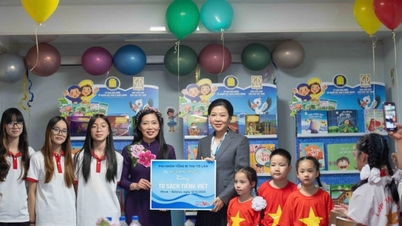

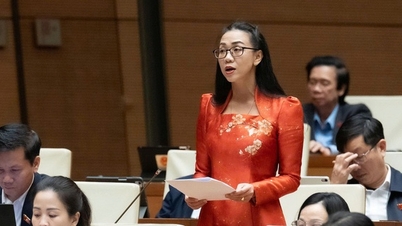

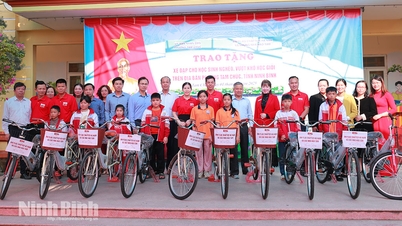

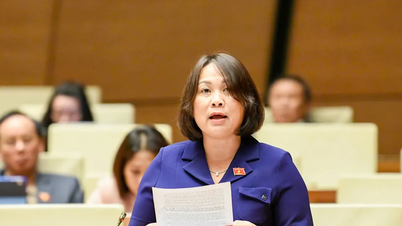


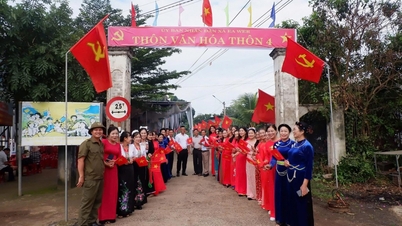

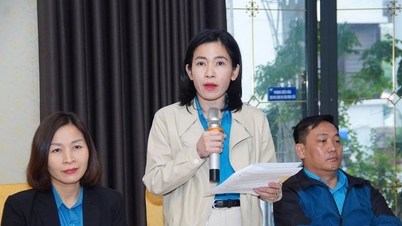






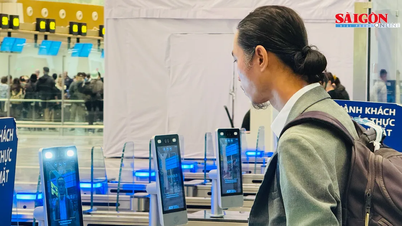

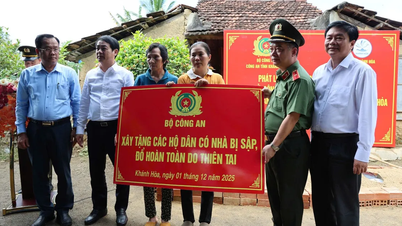
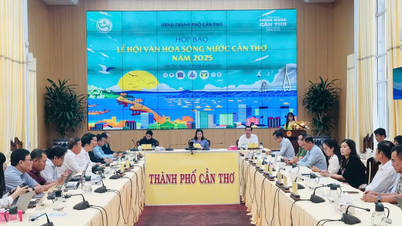
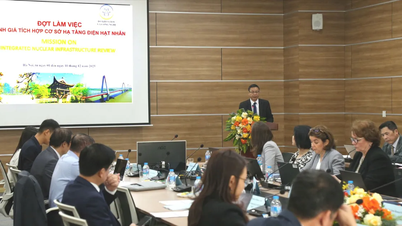











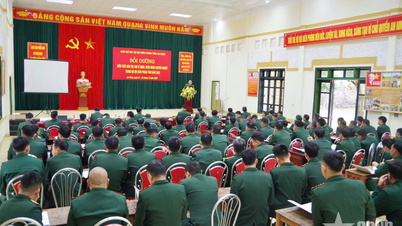



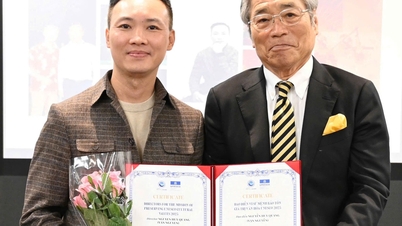

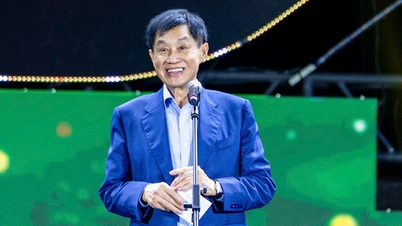

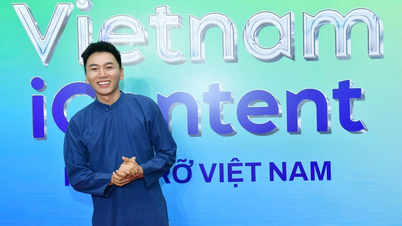

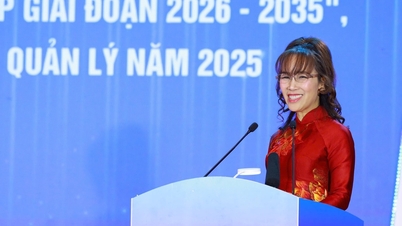





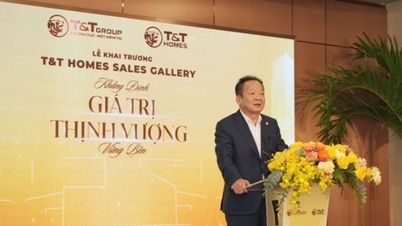












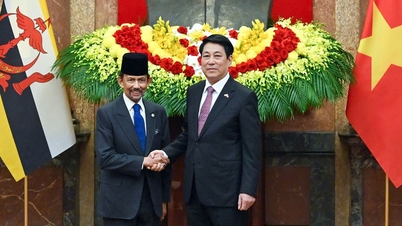
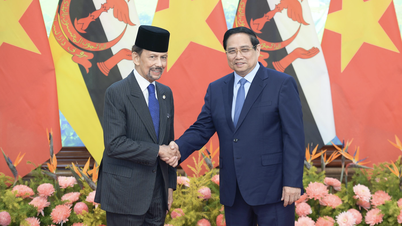

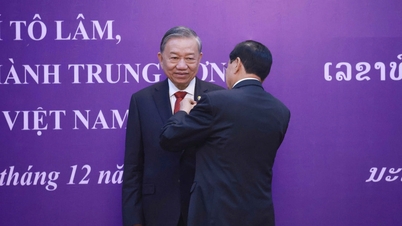



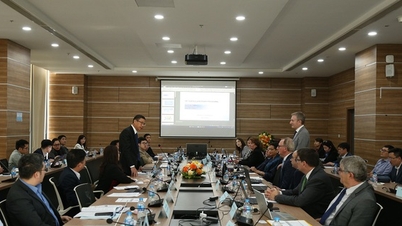

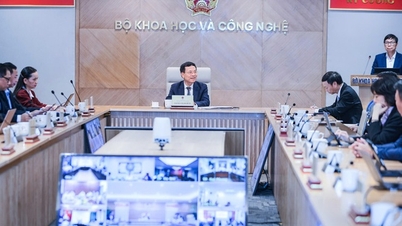



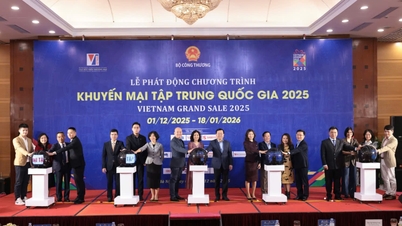

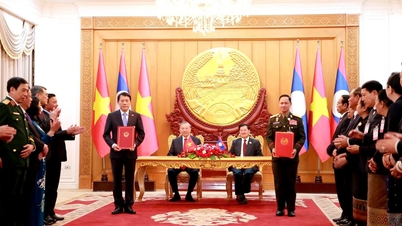


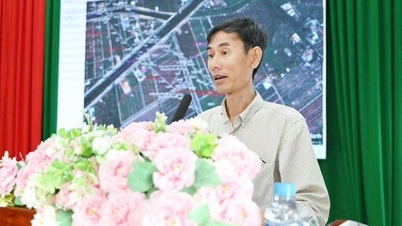




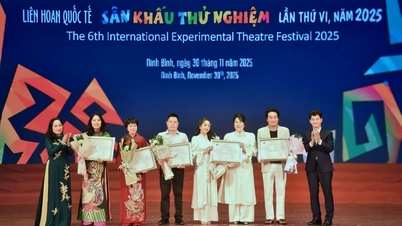














Comment (0)